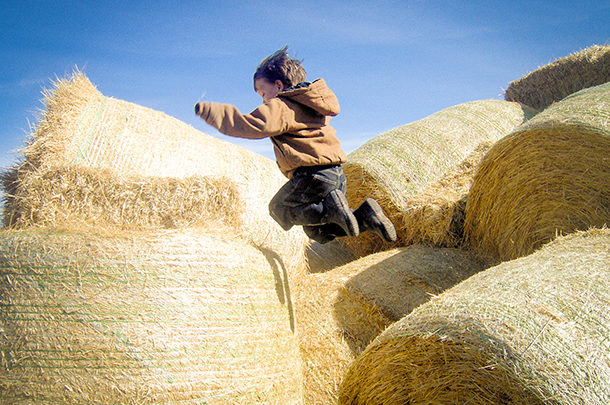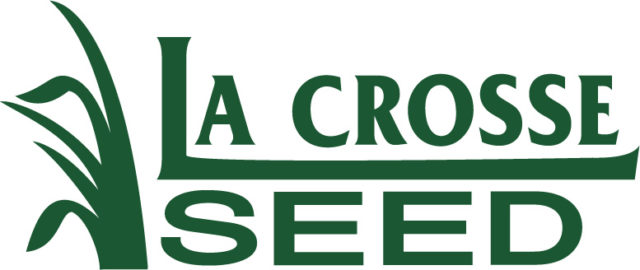For example, one night my dad yelled from the living room, “Run up and shut off the shop light.” Since our shop is a hundred yards from our house, I thought it would be better to ride my bike. I discovered I was wrong at approximately the same instant my bike discovered a pothole in the gravel driveway and ejected me over the handlebars. When I dragged my sniffling, bleeding self back into the house to rinse the grit out of the road rash on my forearm, my mother walked over to the sink, inspected the damage and said, “I told you not to ride your bike in the dark.”
So much for sympathy.
Many, many years later, I am a parent myself and understand the educational value of a good wreck. I've seen some adults learn valuable lessons, too, and I've met a select few who are, from all appearances, unteachable. You can tell because they’re usually sporting either a cast or fresh stitches and keep a set of crutches in the broom closet.
By definition, a “good wreck” is an incident precipitated by the use of poor judgment, which inflicts enough pain to be memorable, but not so much as to incur medical bills or cause permanent bodily damage (though I would be happy to show you the scars on my elbow – thank you very much). “Bad wrecks” are those precipitated by matters beyond your control, such as a strategically placed badger hole, an ill-tempered cow or the old ranch horse who suddenly decides to become un-broke. The only thing you learn from a bad wreck is that it would’ve been a good day to stay at the house.
One hopes that a good wreck will impart knowledge, but not so much pain that a witness (aka spouse, parent or sibling) doesn’t feel guilty saying, “I told you not to. …”
A high level of terror accelerates the learning curve, like when you jump on a horse bareback and find yourself in a flat-out runaway toward the barn that ends when he skids to a stop at the gate and you sail over his neck and execute a one-point landing flat on your back – short on wind but long on newly acquired insight into the wisdom of kicking up into a lope with only a halter for headgear.
Growing up, I was an expert on good wrecks. A sprained wrist from racing steel barrels across the arena by running on top of them, circus clown style. Bumps and bruises from falling out of trees and off of fences, haystacks, roofs, grain trucks and anything else remotely climbable. I was kicked by calves I wasn't supposed to chase, smashed my fingers with a hammer after being told to stop pounding nails into random chunks of wood and got bucked off on a cold, rainy morning when I'd been warned to go easy until my mare got that hump out of her back.
For anyone deprived of my sterling education who is still uncertain, there's a surefire way to identify a good wreck. It's the one a person limps away from saying, "Well, I won't try that again." FG
Kari Lynn Dell is a third-generation cowgirl, horse trainer and rodeo competitor. She writes from her family ranch on Montana's Blackfeet Reservation. For information on her novels, short stories and other writing projects, visit her website.
PHOTO: If we know the value of a good wreck, would we try to prevent the consequences of this childhood attempt? Photo by Kari Lynn Dell.











